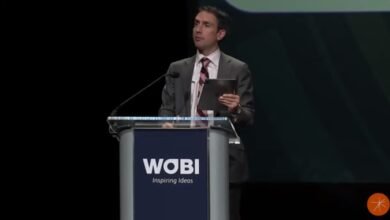Igniting individual purpose in times of crisis
Creating strong links to an individual purpose benefits individuals and companies alike—and could be vital in managing the postpandemic uncertainties that lie ahead

Source | www.mckinsey.com | Naina Dhingra | Jonathan Emmett | Andrew Samo | Bill Schaninger
In these stressful, surreal times, it’s understandable for CEOs to fixate on urgent corporate priorities at the expense of more intangible, personal considerations. How important is getting your people to think about their “purpose in life” right now when you’re worried about their well-being—not to mention corporate survival?
It’s more important than you think. During times of crisis, individual purpose can be a guidepost that helps people face up to uncertainties and navigate them better, and thus mitigate the damaging effects of long-term stress. People who have a strong sense of purpose tend to be more resilient and exhibit better recovery from negative events.1 Indeed, our research conducted during the pandemic finds that when comparing people who say they are “living their purpose” at work with those who say they aren’t, the former report levels of well-being that are five times higher than the latter. Moreover, those in the former group are four times more likely to report higher engagement levels.2
Purposeful people also live longer and healthier lives. One longitudinal study3 found that a single standard deviation increase in purpose decreased the risk of dying over the next decade by 15 percent—a finding that held regardless of the age at which people identified their purpose. Similarly, the Rush Memory and Aging project, which began in 1997, finds that when comparing patients who say they have a sense of purpose with those who say they don’t, the former are:






